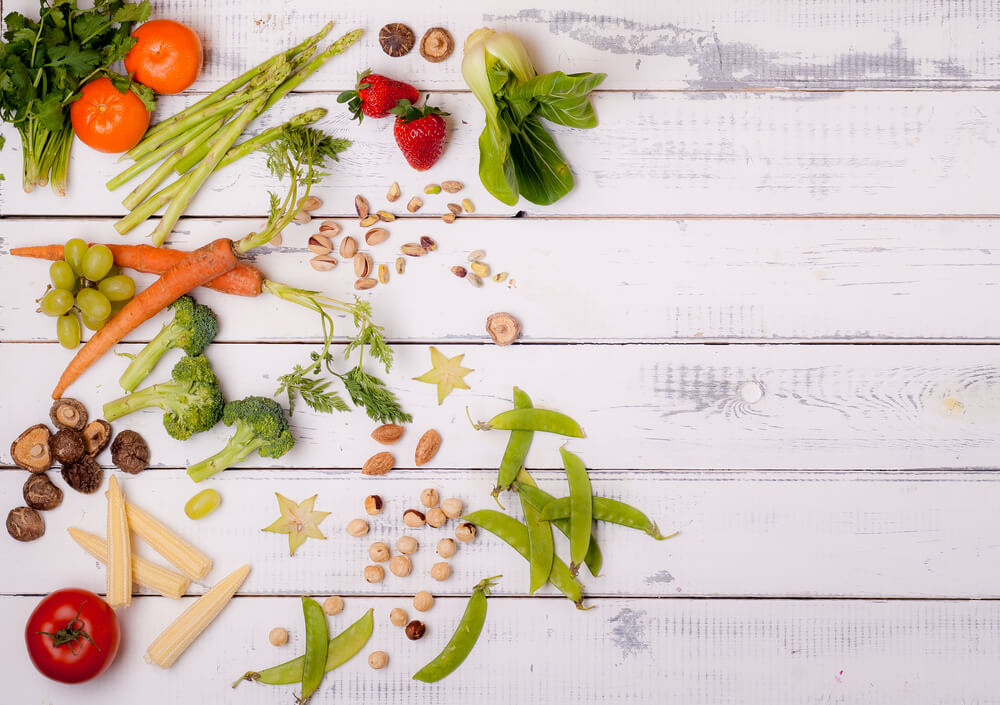
Terms like antioxidants and free radicals tend to be thrown around a lot, especially in the cancer area, where these compounds are supposed to help prevent or fight cancer.
Even on our site, we frequently tell you about the antioxidants contained in our favorite healthy ingredients, and how they are good for fighting against free radicals.
Antioxidants are chemical compounds found in foods, which help to stop damage to your body caused by free radicals. Free radicals are very reactive molecules that cause damage to polyunsaturated fats proteins, and DNA. They are formed by normal bodily functions such as exercise or energy metabolism, and other lifestyle habits (for example smoking, pollution, etc). Free radicals will bind to, and eventually damage, healthy cells and DNA. Antioxidants counter this by binding to the free radicals, which stops them from damaging healthy cells.
Free radicals aren’t all bad- for example, the immune system uses free radicals to attack foreign invaders and prevent disease and as noted above are formed from normal processes like exercise and energy metabolism. However, too many free radicals (caused by things like smoking, and a poor diet) can cause issues.
When free radicals exceed our antioxidant levels, this results in oxidative stress. Prolonged oxidative stress is thought to increase the risk of many diseases such as cancer and heart disease.
Some common antioxidants that we know of which the body uses to stop free radicals include carotenoids like beta-carotene and lycopene, and vitamins such as vitamins A, C, and E. Minerals such as selenium and copper are also important for the role they play in antioxidant activity- for example, copper is used by enzymes that help in antioxidant defense.
While antioxidants help in defending the body from damage, too many may cause issues, as it tips the natural balance within the body. Many people take antioxidant supplements, however, this is unnecessary as you can get all the antioxidants you need from eating a wide variety of plant foods, whole grains, pulses, nuts, seeds, and healthy oils.
Getting your antioxidants from your diet will provide you with a wider range of antioxidants than you would get in a single supplement, which helps as many antioxidants work together to provide their health effects.
Taking high doses of supplements is common among cancer patients or survivors who believe these supplements could help to improve their outcomes. Scientific studies on antioxidant supplementation and outcomes have been mixed, and have been shown to have negative outcomes in some instances. For example, in one study, heavy smokers who took high-dose beta-carotene were more likely to get lung cancer.
There are also concerns for cancer patients that taking antioxidant supplements can interact with cancer treatments, reducing their effectiveness. This is because many chemotherapies use targeted oxidative damage to kill cancer cells. High doses of antioxidants may interact with the free radicals caused by cancer treatment, and stop them from working on the tumor.
To help get your antioxidants from your diet, check out this menu of plant-based meals.













Reviews and Comments
No reviews yet.
Leave a Review or Comment